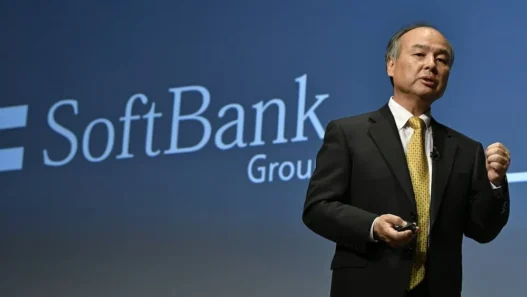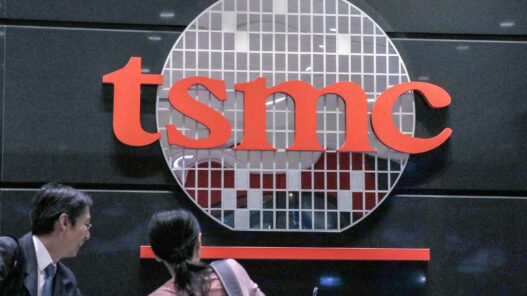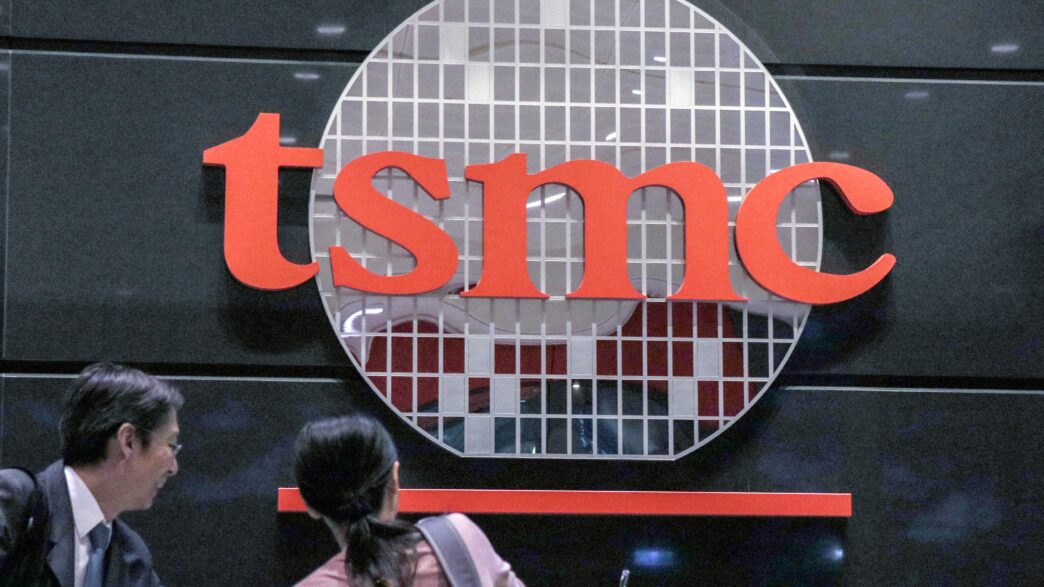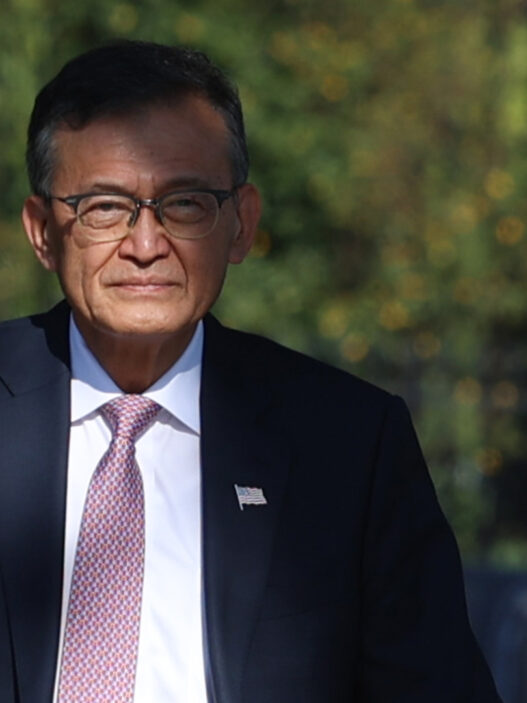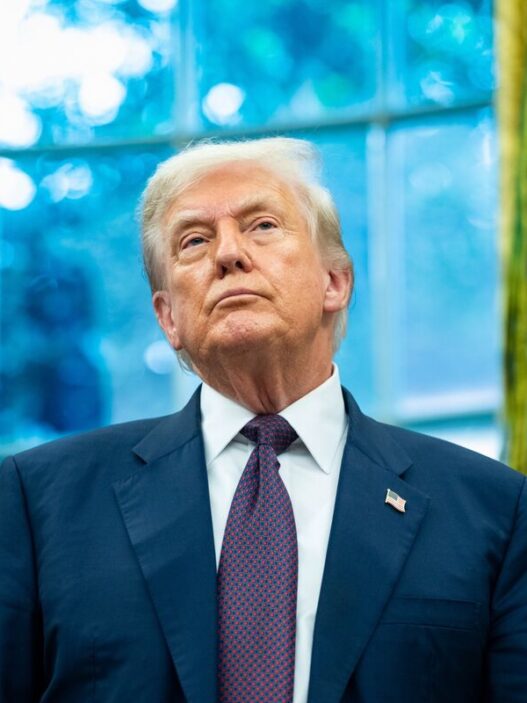In a startling development shaking the semiconductor industry, Taiwan Semiconductor Manufacturing Company (TSMC) — the world’s largest contract chipmaker — has suffered a significant trade secrets leak. The incident has put Japan’s Tokyo Electron (TEL), one of the industry’s leading equipment suppliers, under intense scrutiny. As TSMC’s proprietary technology is at the heart of global chip innovation, this leak threatens to disrupt competitive dynamics and heighten geopolitical tensions amid an already fragile supply chain landscape.
The Incident: What Happened?
Recent investigations revealed that highly confidential technical data and manufacturing secrets from TSMC were leaked, potentially compromising the company’s intellectual property (IP) and competitive edge. While the details remain under wraps, sources suggest that the leak is linked to Tokyo Electron’s involvement — either through personnel movements, subcontractor relationships, or system vulnerabilities.
TSMC has reportedly launched an internal probe alongside external cybersecurity firms to assess the damage, while regulatory authorities in Taiwan and Japan have initiated inquiries.
Why This Leak Matters: The Stakes Are High
TSMC dominates the global semiconductor foundry market, producing advanced chips for tech giants like Apple, Nvidia, and Qualcomm. Its proprietary processes, especially for 5-nanometer and 3-nanometer nodes, are industry benchmarks.
Implications of the leak include:
- Intellectual Property Risk: Exposure of trade secrets can accelerate competitor advances or counterfeit products.
- Market Share Threats: Rival foundries and equipment makers might leverage leaked data to close the technology gap.
- Investor Confidence: Uncertainty could affect stock valuations of both TSMC and Tokyo Electron.
- Geopolitical Sensitivities: Given the strategic importance of semiconductors, governments may view the leak as a national security issue.
Tokyo Electron in the Hot Seat
Tokyo Electron is a critical supplier of semiconductor manufacturing equipment, including lithography, etching, and deposition systems essential for chip fabrication.
- Allegations: Some reports suggest that Tokyo Electron’s employees or contractors may have inadvertently or deliberately facilitated the leak.
- Corporate Response: TEL has issued statements expressing commitment to cooperation with investigations and strengthening internal controls.
- Reputational Risk: As a trusted partner in the supply chain, any involvement in IP breaches could damage Tokyo Electron’s standing with clients and regulators.
Industry and Government Reactions
The semiconductor sector, already grappling with supply constraints and geopolitical complexities, is closely watching the unfolding situation.
- Competitors: Companies like Samsung and Intel may see opportunities if TSMC’s advantage erodes, but also face caution amid rising IP protection concerns.
- Governments: Taiwan’s Ministry of Economic Affairs has emphasized the need for enhanced cybersecurity and export controls, while Japan’s METI (Ministry of Economy, Trade and Industry) is expected to oversee compliance measures.
- Investors: Markets have shown volatility around TEL’s shares, reflecting unease over potential legal and financial repercussions.
Broader Context: Semiconductor Supply Chain Vulnerabilities
This leak highlights persistent vulnerabilities in a highly complex and globalized semiconductor ecosystem:
- Cross-Border Collaboration: The interdependence between foundries like TSMC and equipment makers such as Tokyo Electron necessitates stringent data sharing but also poses risks.
- Talent Mobility: Movement of skilled engineers between firms can inadvertently expose proprietary knowledge.
- Cybersecurity Threats: Increasing digitalization and remote operations create new attack vectors for espionage and leaks.
- Strategic Competition: In the backdrop of US-China tech rivalry, protecting IP is also a matter of national security.
Steps Toward Damage Control and Prevention
Both TSMC and Tokyo Electron are reportedly accelerating efforts to:
- Enhance Cybersecurity: Investing in advanced monitoring and threat detection systems.
- Strengthen Contracts: Revising NDAs and confidentiality clauses with partners and personnel.
- Improve Employee Training: Raising awareness about data protection and insider threat risks.
- Collaborate with Authorities: Coordinating with governments to implement stricter compliance and penalties.
What This Means for the Future of Semiconductor Innovation
The leak serves as a wake-up call for the entire semiconductor industry. Protecting intellectual property must evolve alongside technological advances. Companies may:
- Reconsider supply chain transparency versus security trade-offs.
- Increase investments in secure technology transfer methods.
- Advocate for international standards on IP protection and cybersecurity.
Failure to address these challenges could slow innovation, increase costs, and heighten geopolitical tensions.
Conclusion
The TSMC trade secrets leak, casting a shadow on Tokyo Electron, is more than a corporate scandal—it is a critical inflection point for the global semiconductor industry. As chips remain the foundation of modern technology and national security, ensuring the integrity of intellectual property and supply chains is paramount.
The coming months will be pivotal as investigations unfold, reputations hang in the balance, and the semiconductor ecosystem grapples with safeguarding its future in an increasingly competitive and complex world.






